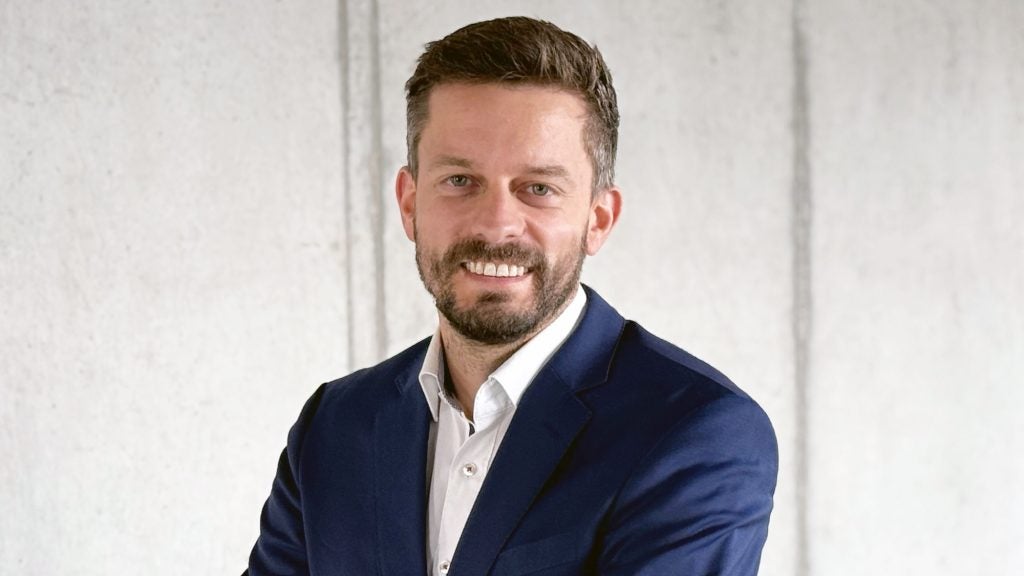
New models are emerging for mobility solutions that challenge the traditionally financed car ownership model. We hear from Christoph Köhler, Senior Manager Mobility Services, Porsche Consulting, for his views on the evolving space for subscription and flexible leasing models.
Please note that Christoph will be speaking at the GlobalData Automotive Europe Conference 2025, set to take place on 15-16 October in Munich.

Discover B2B Marketing That Performs
Combine business intelligence and editorial excellence to reach engaged professionals across 36 leading media platforms.

How do you see the market for mobility subscription services evolving?
The provider market is entering a consolidation phase. On the product side, subscription terms are lengthening to 18–36 months with all costs included (excluding energy), increasingly resembling all-inclusive leasing—traditionally a B2B product.
All-inclusive car mobility/subscription in Europe is expected to grow rapidly, with a projected CAGR of up to 25% in the coming years.
Winners will be providers that deliver the highest customer convenience and operational efficiency.
Success hinges on automation and best-in-class cost control, as operations account for roughly 50% of the total cost to run a subscribed vehicle.
What is driving this shift and what sort of customers are moving away from traditional ownership?
Drivers vary by region, but two consumer segments stand out:
- Early adopters who want to test new technologies (e.g., BEVs) or try new brands.
- Customers with higher mobility budgets are seeking maximum convenience.
Demand is relevant in both urban and rural areas.
A new segment could emerge via “social subscription” of used BEVs—bringing second- and third-cycle ex-business-leasing vehicles to private customers with tighter budgets, potentially with support/incentives.
For business customers, subscription is gaining traction among small fleets (such as delivery services, trades) that want to outsource fleet operations amid skilled labor shortages and focus on core activities.
How are flexible leasing offerings changing?
Subscription and flexible leasing are converging.
The distinction—subscription as rental versus leasing—often comes down to regulation and varies by region.
Regardless of origin (rental/subscription vs. leasing), companies that lower the cost of fully serviced, operated vehicles through automation, data, and process excellence will scale fastest.
What about players like Uber—do you see them as competition or part of a fragmented mobility market?
Not direct competition yet: Uber excels in use cases where car ownership or subscription isn’t the typical substitute (for example, airport trips, late-night rides).
Uber already offers fully serviced vehicles to partner drivers, but this remains a narrow B2B subscription model.
If autonomous vehicles scale for longer-distance travel, Uber and similar platforms could threaten subscription providers—if autonomous mobility replaces subscribed cars in most use cases.
To succeed at scale, autonomous mobility players must build capabilities similar to high-performing subscription operators.
Autonomous driving may represent the next development phase for subscription companies within 5–10 years.
Can the traditional ownership model (purchase on finance) survive?
Yes—especially for customers who value high levels of vehicle individualisation or who have tighter budgets and are willing to handle maintenance themselves.
The vision: car subscriptions become cheaper than ownership by bundling tyres, inspections, insurance, and repairs under one optimised service.
Technically this is within reach, but achieving it requires lean processes, deep customer and vehicle understanding, and a high degree of automation to drive operational costs to best-in-class levels.
Christoph will be speaking at the GlobalData Automotive Europe Conference 2025, set to take place on 15-16 October in Munich. For more details of the event follow this link.






